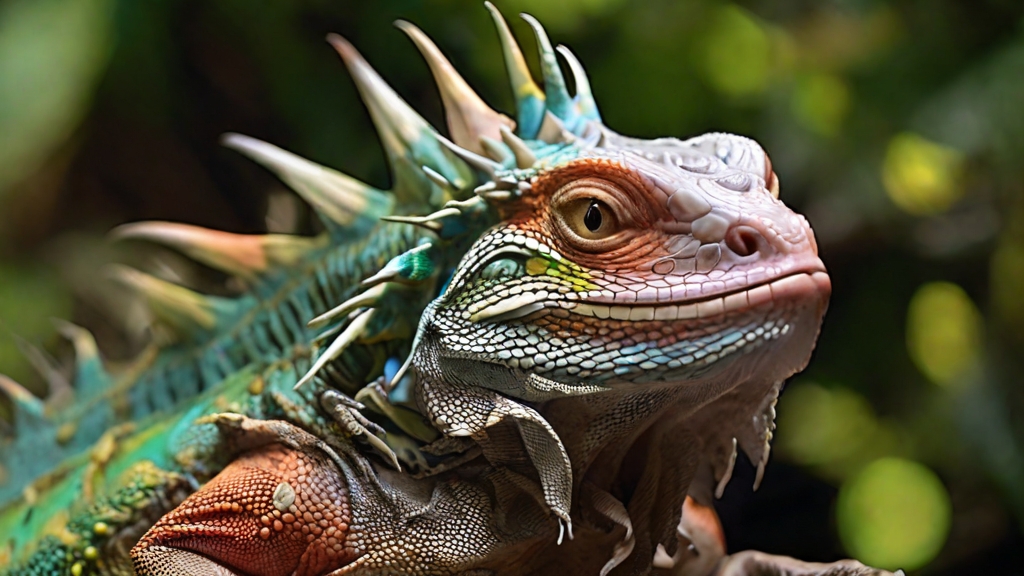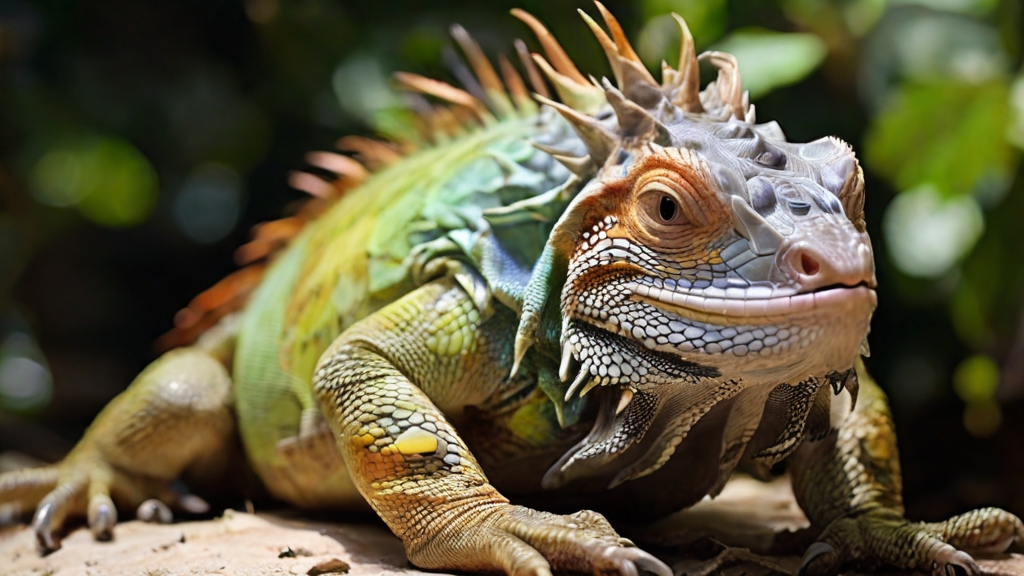If you’re considering getting an iguana as a pet, it’s important to understand the costs associated with caring for these unique reptiles. While iguanas may seem like a low-maintenance option, they actually require specialized care and equipment that can quickly add up in terms of expenses.
In this comprehensive guide, we’ll explore the initial and ongoing costs of owning an iguana, as well as discuss the expenses associated with housing, diet and nutrition, and veterinary care.
Introduction: Understanding the Initial and Ongoing Costs of Owning an Iguana
Before you even bring your new iguana home, you’ll need to invest in initial setup costs such as an enclosure, heating and lighting systems, and other accessories.
Depending on the type and size of enclosure you choose, these costs can range from several hundred dollars to well over a thousand. Additionally, ongoing expenses such as food, supplements, and veterinary care will add to the overall cost of owning an iguana.
Initial Costs: What to Expect When Purchasing Your Iguana
The cost of the iguana itself can vary widely depending on factors such as age, breed, and location. On average, you can expect to pay anywhere from $100 to $500 for a healthy adult iguana. However, it’s important to purchase from a reputable breeder or pet store to ensure that your iguana is healthy and well-cared for.
Ongoing Costs: Understanding the Long-Term Expenses of Caring for Your Iguana
In addition to regular expenses such as food and supplements, iguanas also have long lifespans – up to 20 years in some cases – which means that you’ll need to budget for the cost of their care over many years. Other ongoing expenses may include the cost of replacement bulbs for heating and lighting systems, as well as the occasional replacement of enclosure components such as flooring or screening.
Housing and Habitat: Building a Safe and Comfortable Home for Your Iguana
Iguanas require a specific type of housing in order to thrive in captivity. This means investing in a high-quality enclosure that is large enough to accommodate your iguana’s size and activity level, as well as providing the necessary heating and lighting systems to ensure their health and comfort.
Choosing the Right Enclosure: Options and Costs
There are a variety of options when it comes to iguana enclosures, ranging from pre-made options to custom-built setups.
Pre-made enclosures can cost anywhere from $200 to $1000 or more, while custom-built options can run into several thousand dollars depending on the size and complexity of your design.
Heating and Lighting: Essential Accessories for Your Iguana’s Health and Comfort
Iguanas require specific heating and lighting systems in order to maintain their health in captivity. This may include the use of heat lamps, UVB bulbs, and other accessories, which can cost anywhere from $50 to several hundred dollars depending on the type and quality of equipment you choose.
Diet and Nutrition: Providing a Balanced Diet for Your Iguana
A balanced diet is essential to keeping your iguana healthy and thriving in captivity. This means providing a variety of fresh produce as well as live insects, and ensuring that they receive the necessary vitamins and minerals through supplements and other additives.
Feeding Your Iguana: The Cost of Fresh Produce and Insects
Fresh produce and live insects can be purchased from a variety of sources, including grocery stores and specialized pet supply stores.
While costs may vary depending on your location and availability of certain items, you can expect to spend an average of $20 to $50 per month on food for your iguana.
Supplements and Vitamins: Additional Expenses to Consider
In addition to fresh produce and insects, iguanas may require additional supplements and vitamins to ensure their health and longevity.
These may include calcium and vitamin D3, which can be purchased in supplement form for around $10 to $20 per bottle.
Veterinary Care: Maintaining Your Iguana’s Health and Wellness
Just like any other pet, iguanas require routine veterinary care and check-ups to ensure that they are healthy and thriving in captivity.
This means budgeting for the cost of exams and bloodwork, as well as being prepared for unexpected medical expenses in the event of an emergency.
Routine Check-Ups: The Cost of Exams and Bloodwork
Routine check-ups and bloodwork can help identify potential health issues before they become serious, and can help ensure that your iguana remains healthy and active in captivity.
The cost of these services can vary widely depending on your location and the specific vet you choose, but you can expect to spend anywhere from $100 to $300 per visit.
Emergency Care: Budgeting for Unexpected Medical Expenses
In the event of an unexpected medical emergency, the cost of veterinary care can quickly add up. It’s important to have a plan in place for covering these expenses, whether that means setting money aside in a dedicated savings account or investing in pet insurance for your iguana.
Conclusion: The True Cost of Owning an Iguana and How to Plan Your Budget Accordingly.
Owning an iguana can be a rewarding experience, but it’s important to fully understand the costs associated with their care before making the commitment.
By carefully budgeting for initial and ongoing expenses, as well as investing in high-quality equipment and veterinary care, you can ensure that your iguana remains healthy and happy in captivity for many years to come.




